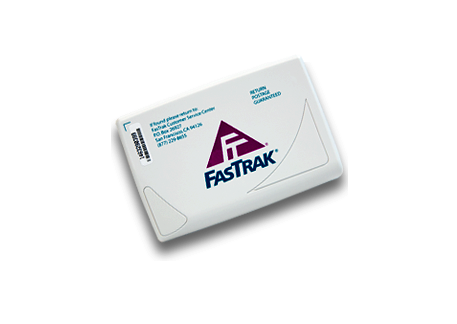
BY BRADEN CARTWRIGHT
Daily Post Staff Writer
Palo Alto City Council voted early this morning (Aug. 15) not to take a position on a $1.50 toll hike on seven Bay Area bridges that’s intended to raise money for mass transit agencies.
“There are good arguments on either side of this,” said Councilman Pat Burt, the city’s representative on the VTA and Caltrain boards.
The toll hike is proposed in Senate Bill 532 by state Sen. Scott Weiner, D-San Francisco.
The bill is opposed by Rep. Anna Eshoo, D-Palo Alto, and six other members of Congress, who signed a letter last week saying they oppose the toll increase because it would hurt low-income residents who use the bridges to get to work.
The toll hike could also undermine public support for a Bay Area-wide “mega-measure” to fund transit agencies in 2026, Burt said at Monday’s meeting.
The Metropolitan Transportation Commission is working on a regional bond measure in 2024 to raise $10 billion or $20 billion for housing over 10 years, followed by a transportation measure two years later, Burt said.
With more people working from home and new projections of modest population growth in the Bay Area, public transit agencies are going to struggle to maintain their existing services, let alone expand, Burt said.
“Their argument is, if you cut service then it kind of creates a death spiral for transit agencies because nobody wants to ride a system that has one train an hour,” he said.
Supporters of the toll hike say that low-income drivers can be protected with discounts or exemptions.
SB532 will go through the Assembly Appropriations Committee tomorrow (Wednesday, Aug. 16) and must pass before the lawmaking session ends on Sept. 14.
The toll increase would generate $180 million a year over a five-year period.
The toll for cars is now $7 at each of the seven bridges: Dumbarton, San Mateo-Hayward, San Francisco-Oakland, Antioch, Benicia-Martinez, Carquinez and Richmond-San Rafael.
Earlier in June, the Legislature released a state budget agreement that would allocate $400 million to Bay Area transit agencies over the next three years, which Wiener said is a major step forward to resolving the “fiscal cliff issue.”
But it’s not enough to fully prevent the elimination of bus lines or reductions in weekend and nighttime services, he said.
VTA and Caltrain haven’t taken a position on the bill.
Mayor Lydia Kou, who is running for state Assembly, was the only council member against the bill at Monday’s meeting, which continued past midnight.
Councilwoman Vicki Veenker said the toll hike is outside the scope of bills that Palo Alto should be weighing in on, because it’s not specific to the city.
Councilman Ed Lauing said he doesn’t like a bill from Weiner that sends most of the money to San Francisco, but he agreed with Veenker.
Councilwoman Julie Lythcott-Haims said she supports the toll hike.
Vice Mayor Greer Stone said he wants to keep monitoring the bill because it may be amended to address the impacts on low-income commuters.
It was his motion that council ultimately voted on.
Council also voted to support two bills that would provide more funding for behavioral health services. Their meeting ended just after 12:30 a.m.
“We’re going to go get breakfast now,” joked Niccolo De Luca, the city’s lobbyist from Townsend Public Affairs.

If this money were going to maintain and improve those bridges I would be all for it. But most of that money goes into failing transit like the empty buses that crawl the peninsula each and every day. How about raising the fares on the riders of those trains and busses to pay for their services. Most of the voting public in Palo Alto drive, and those people should remember this on election day.